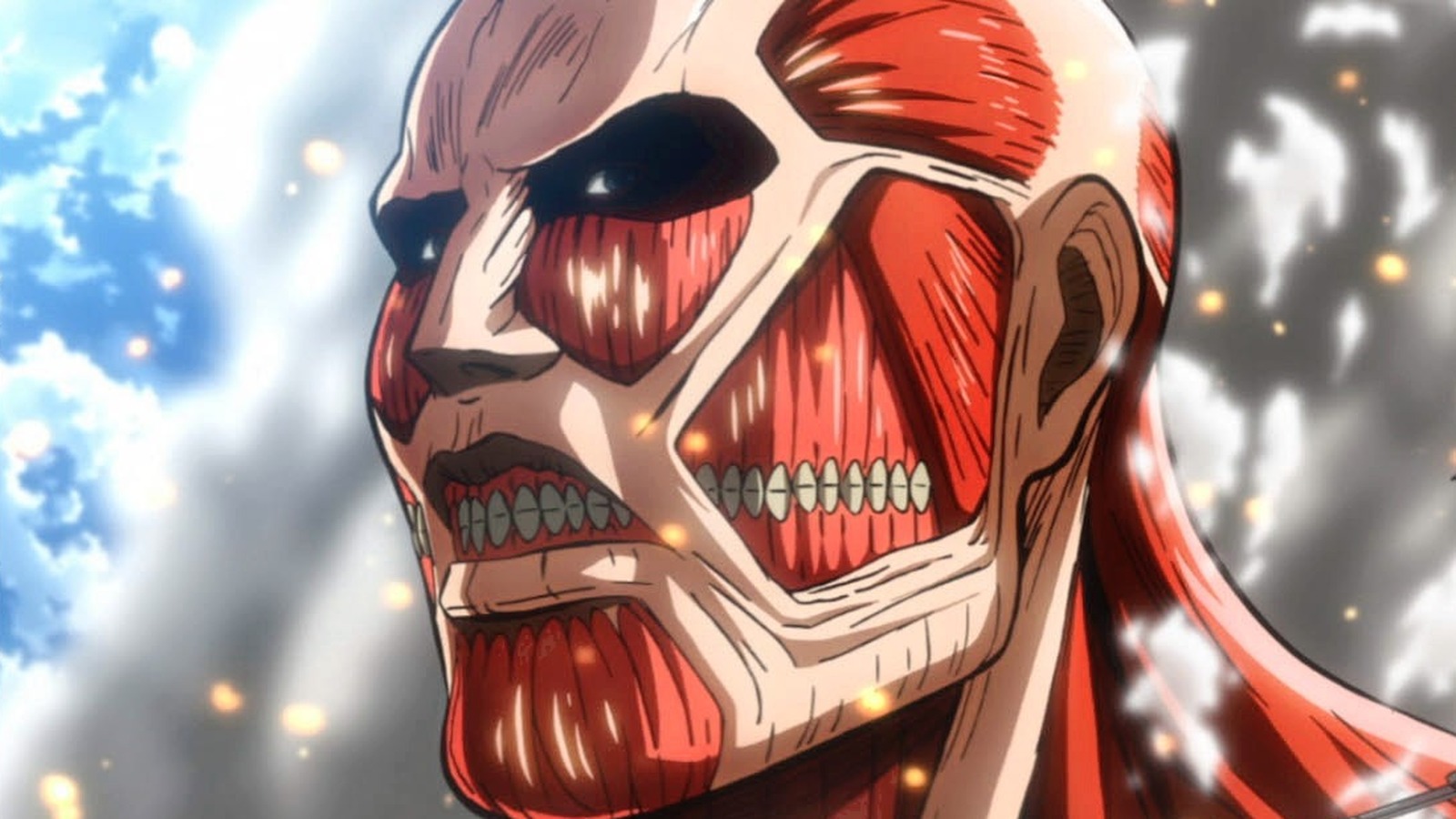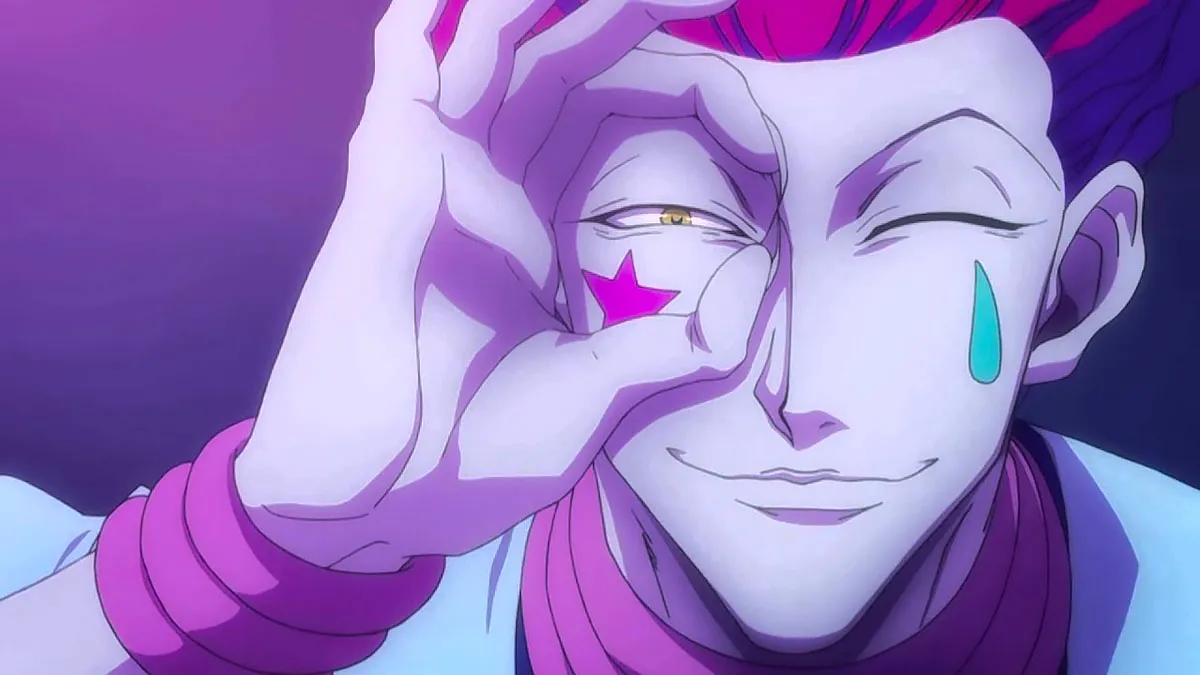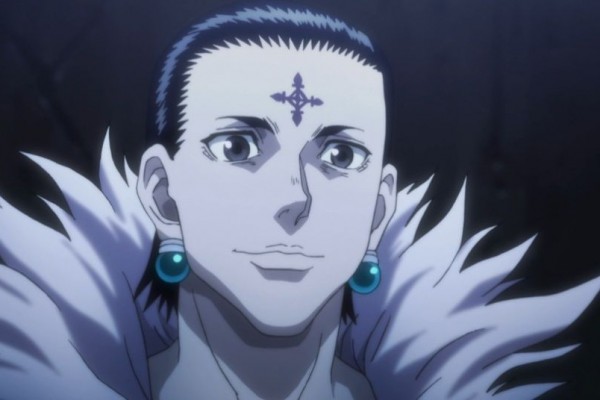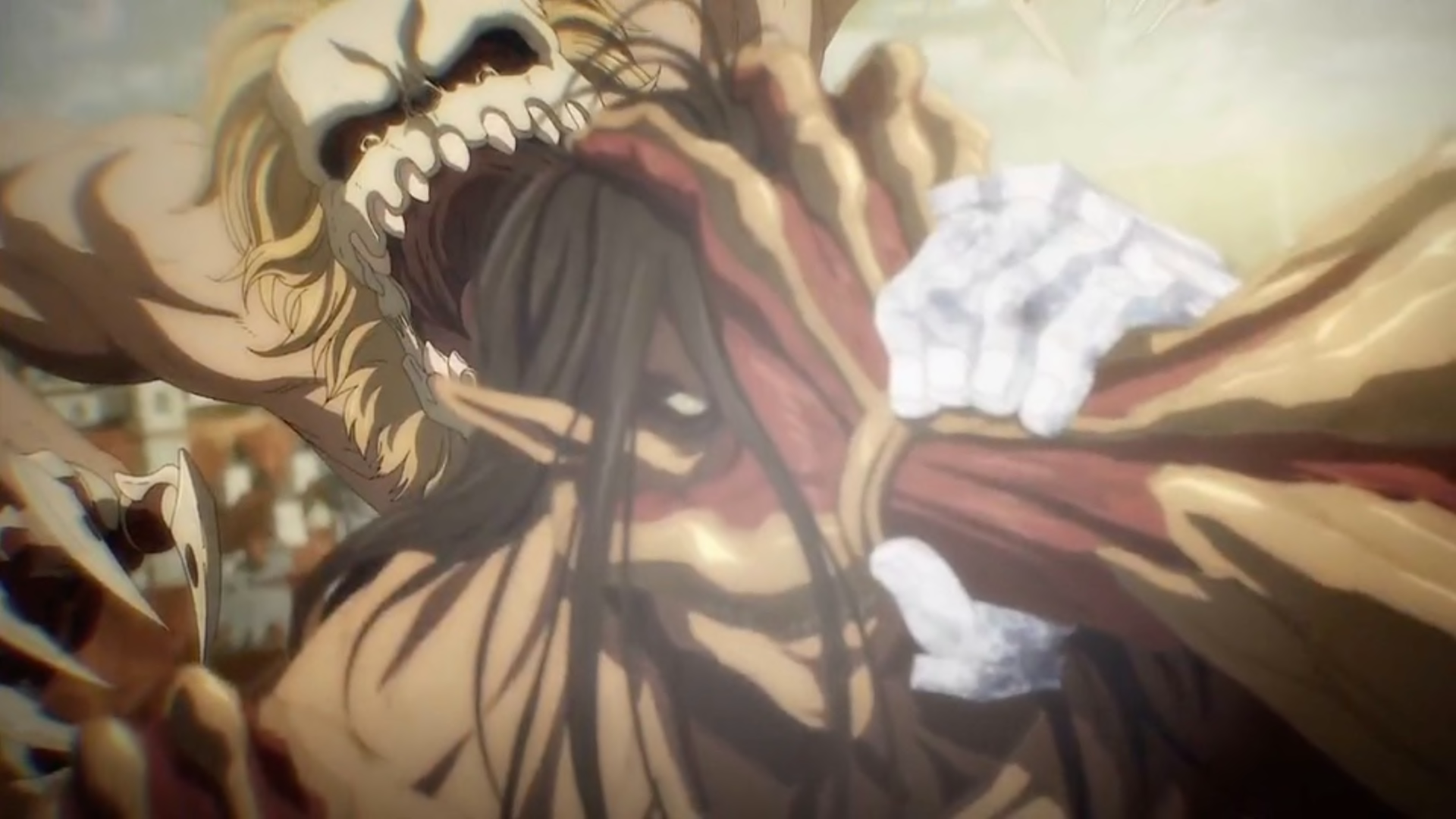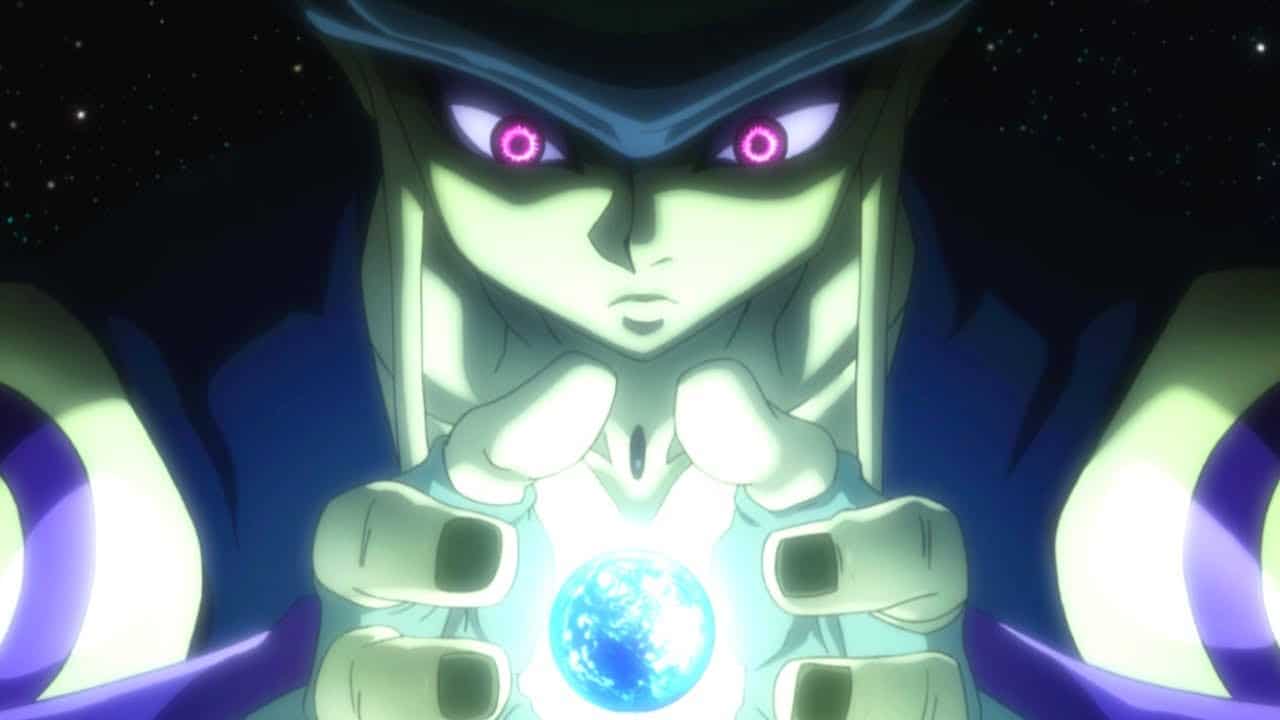Villains Unleashed: The Contrasting Motivations and Complexities of Attack on Titan and Hunter × Hunter
Anime and manga have always been known for their iconic villains, and two of the most popular series in recent years, Attack on Titan and Hunter × Hunter, are no exception. Both series feature complex and compelling villains, but there are some key differences between them. In this article, we will explore the differences between the villains in Attack on Titan and Hunter × Hunter.
1). Motivations
One of the most striking differences between the villains in Attack on Titan and Hunter × Hunter is their motivations. The villains in Attack on Titan are driven by a desire for power and control. Whether it's the Titans themselves or the various factions vying for the power of the Founding Titan, the villains are primarily motivated by a desire to gain and maintain power over others.
On the other hand, the villains in Hunter × Hunter are often motivated by more complex and nuanced reasons. Some are seeking revenge against those who have wronged them, while others are driven by a desire to protect their loved ones or pursue their own personal goals. In many cases, the villains in Hunter × Hunter are not inherently evil, but rather have been pushed to extreme measures by circumstances beyond their control.
2). Relationships with protagonists
Another major difference between the villains in Attack on Titan and Hunter × Hunter is their relationships with the protagonists. In Attack on Titan, the villains are often depicted as ruthless and merciless, with little regard for human life. Their ultimate goal is to defeat the protagonists and gain control over the world, making them inherently opposed to the interests of the protagonists.
In contrast, the villains in Hunter × Hunter often have complex relationships with the protagonists. Some are former friends or allies who have been driven apart by circumstance, while others have more nuanced relationships based on mutual respect or a shared history. This makes the conflicts between the protagonists and villains in Hunter × Hunter feel more personal and emotionally charged.
3). Moral ambiguity
Finally, the villains in Hunter × Hunter tend to be more morally ambiguous than those in Attack on Titan. While the villains in Attack on Titan are often portrayed as irredeemable monsters, the villains in Hunter × Hunter are more complex and multifaceted. They may have done terrible things, but they are not necessarily evil in the traditional sense. This moral ambiguity makes the conflicts in Hunter × Hunter feel more complex and intellectually stimulating.
In conclusion, while both Attack on Titan and Hunter × Hunter feature complex and compelling villains, there are some key differences between them. The villains in Attack on Titan are driven by a desire for power and control, while the villains in Hunter × Hunter often have more nuanced motivations. The relationships between the villains and protagonists are also more complex in Hunter × Hunter, and the villains are often more morally ambiguous. Ultimately, these differences help to make both series stand out in their own unique ways.

